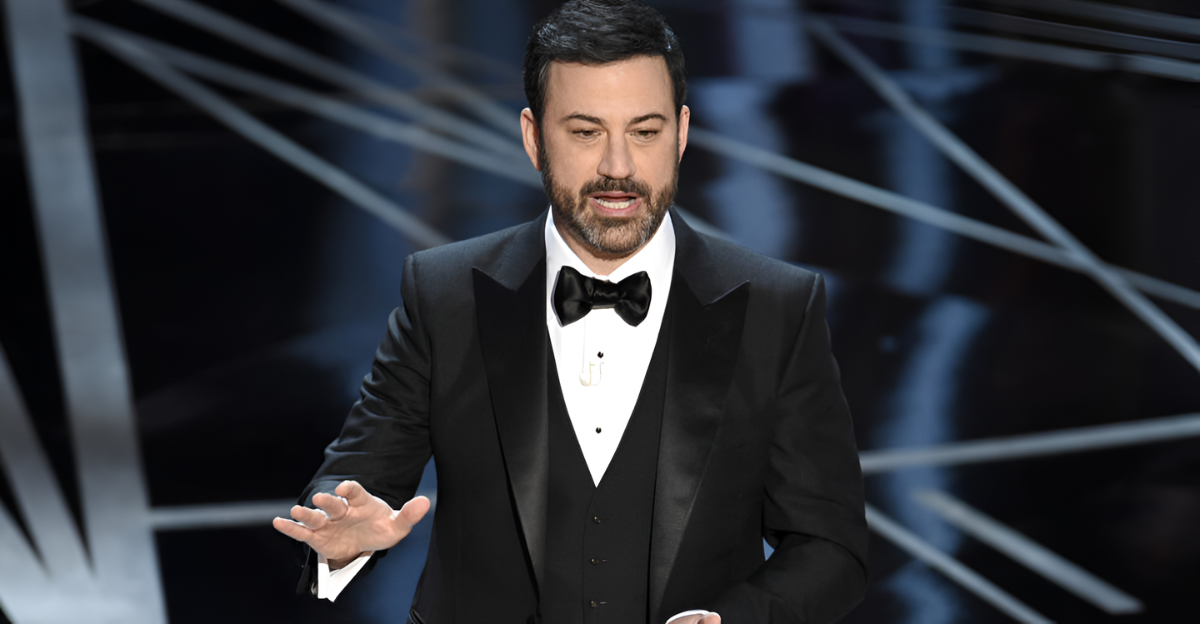
Jimmy Kimmel opened his return with the line, “As I was saying before I got interrupted, I’m happy to be here tonight,” signaling both relief and defiance after his six-day suspension.
He clarified he had never meant to make light of Charlie Kirk’s murder, standing firm on intent but recognizing the pain his words caused. Industry experts say this blend of candor and resolve set the evening’s tone.
Clarifying Intention Amidst Controversy
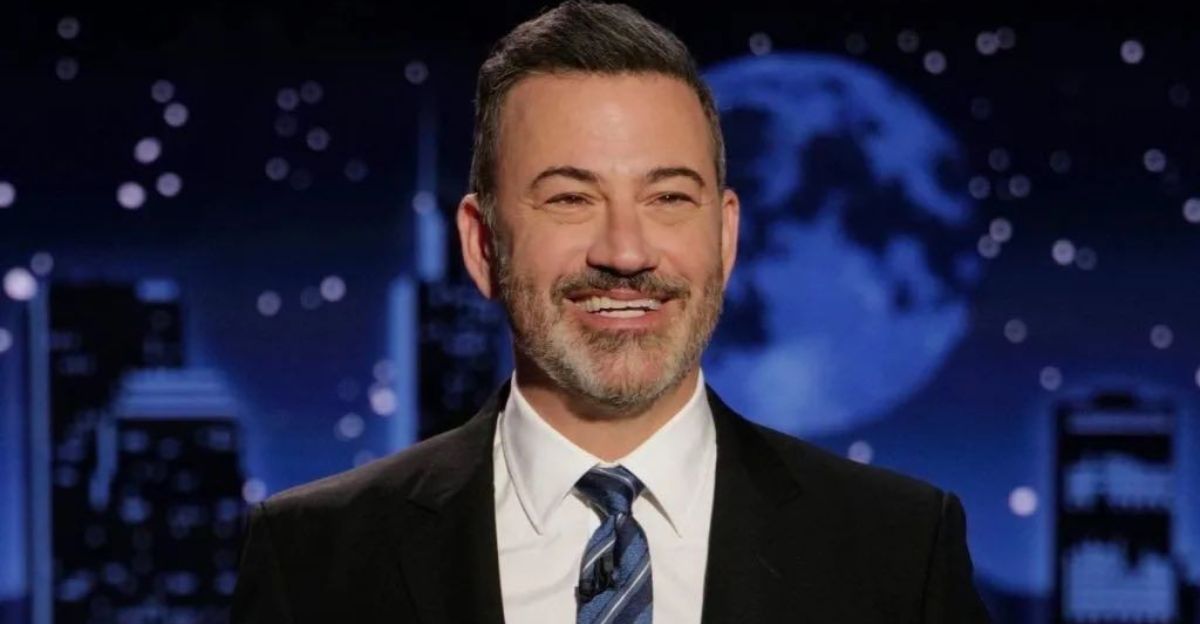
In a rare direct address, Kimmel shared, “It was never my intention to make light of the murder of a young man,” referencing Kirk’s death.
He described how his Instagram message, sent the day of the killing, was meant for compassion, not provocation. The New York Times and Reuters note that his explanation aimed to diffuse tensions without an outright apology.
Defending Free Speech
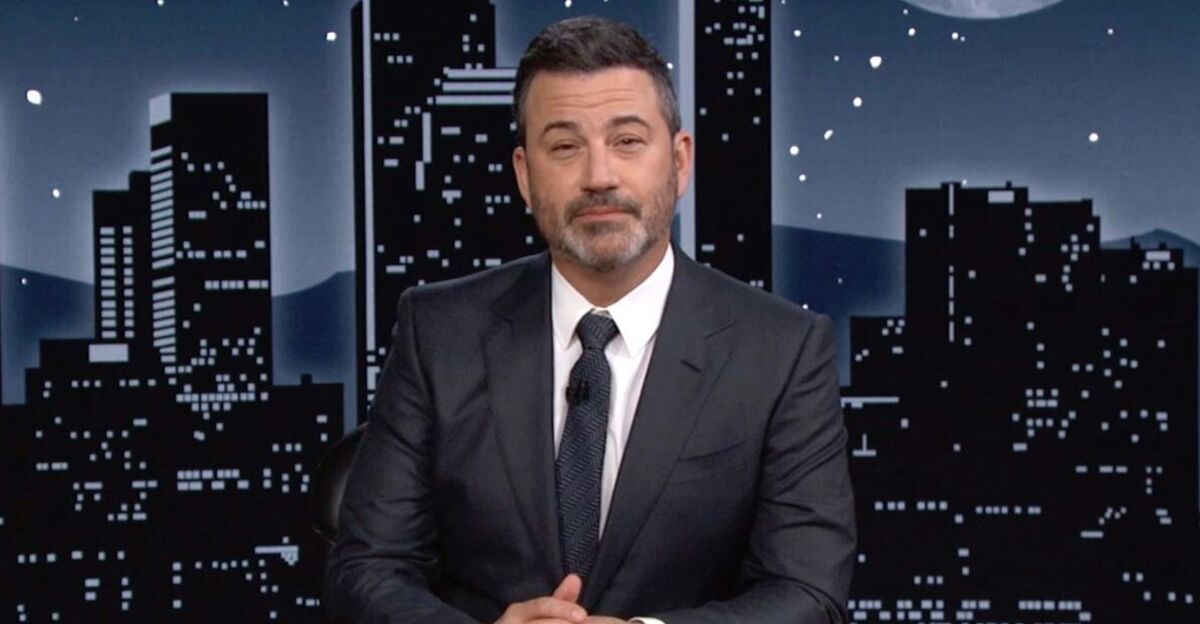
Kimmel passionately declared, “This show is not important. What’s important is that we get to live in a country that allows us to have a show like this,” emphasizing the freedom to create and comment.
His words echoed across the media landscape, with commentators hailing his defense of First Amendment principles.
Standing Up for Expression
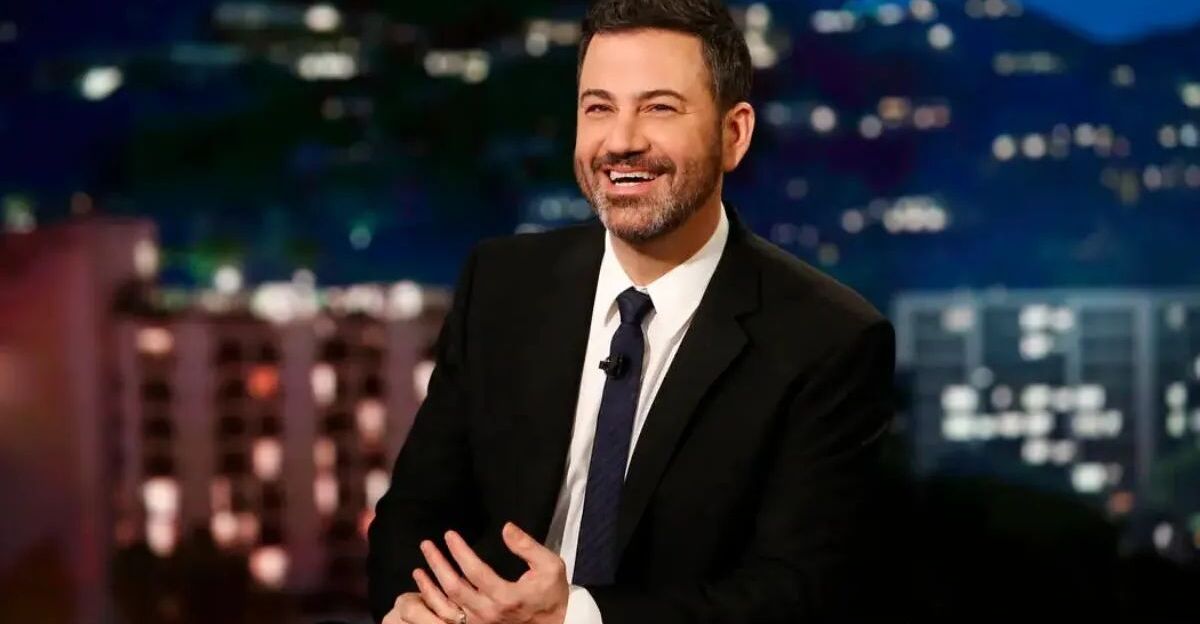
Reflecting on his interactions with comedians from restrictive regimes, Kimmel warned that silencing voices like his would be “un-American.”
ABC’s decision became a wider symbol of challenges to media freedom, discussed in depth by NBC News and the Hollywood Reporter.
Unexpected Conservative Support
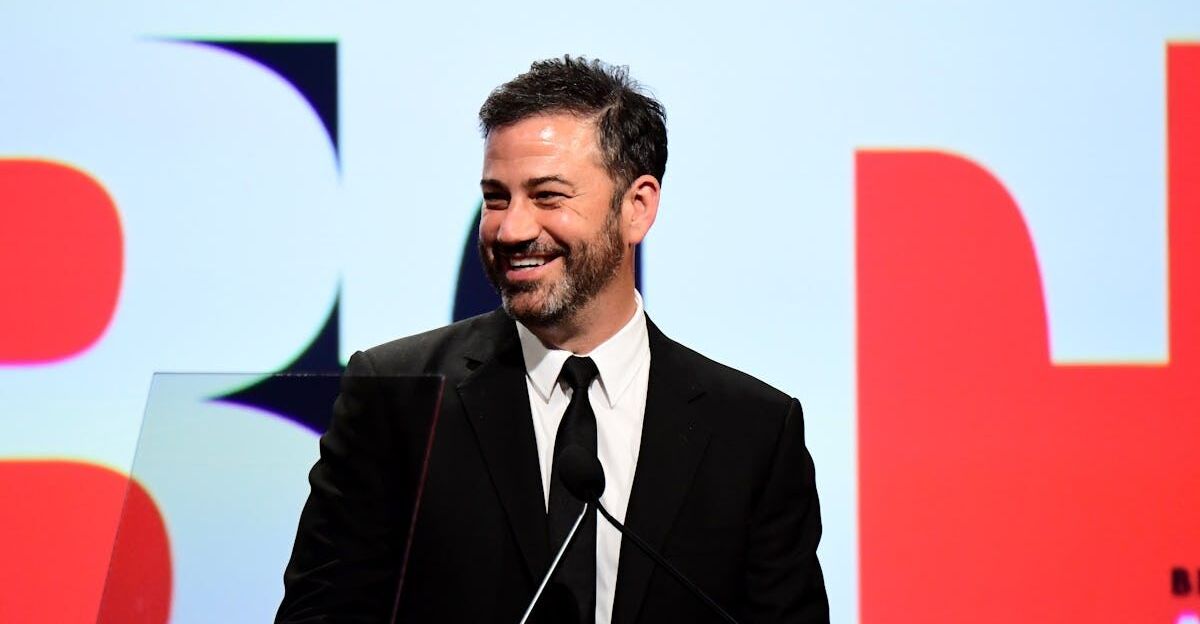
Kimmel surprised viewers by publicly thanking conservatives, including Ted Cruz and Ben Shapiro, for supporting his First Amendment rights.
This bipartisan moment was highlighted as unusual in the highly polarized climate, garnering attention in both traditional and digital news.
Bridges Across the Divide
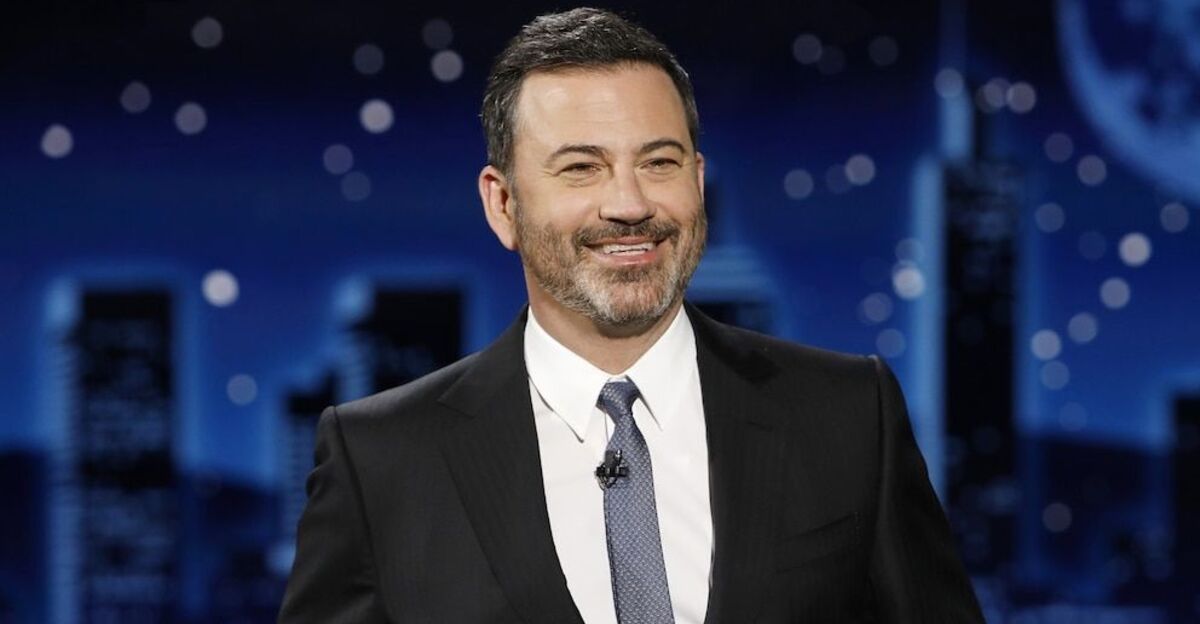
By name-checking political adversaries, Kimmel modeled the possibility of cross-ideological respect. Political analysts note that such open acknowledgment fostered brief unity amid heated debates, reflecting the evolving relationship between pop culture and politics.
Calling Out FCC Chairman Brendan Carr
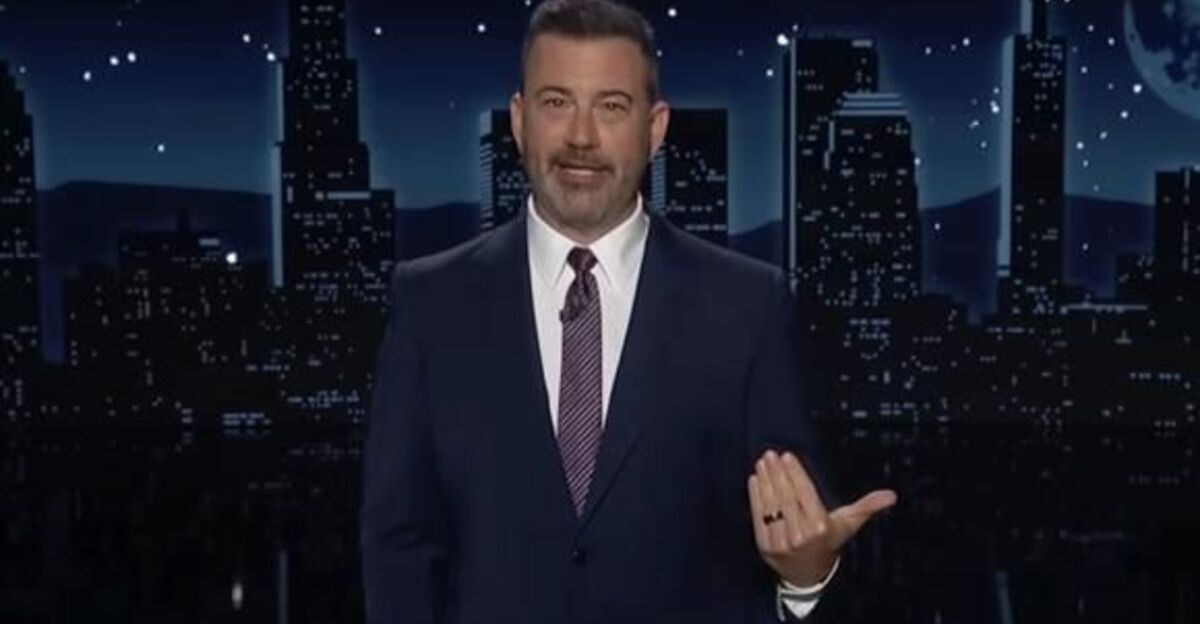
Kimmel didn’t shy from controversy, directly criticizing FCC Chairman Brendan Carr’s public threats against ABC.
This pointed commentary brought government-media tensions into the spotlight and set a precedent for direct showrunner activism.
Challenging Government Pressure
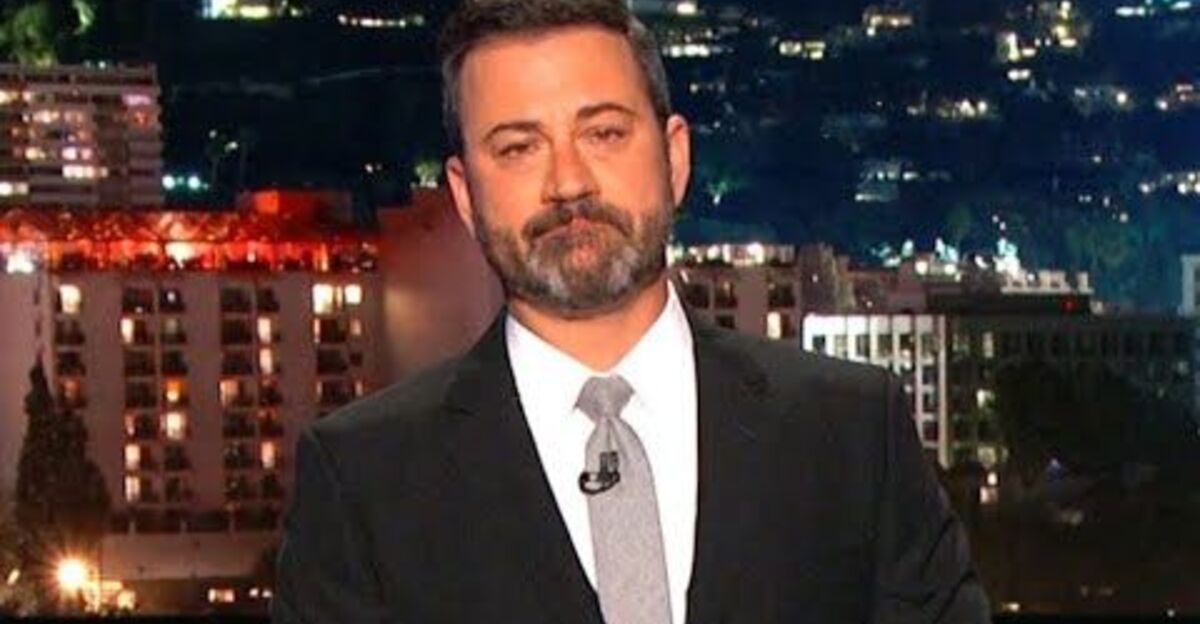
The confrontation with Carr highlighted how federal oversight shapes entertainment boundaries. Media watchdogs told Reuters and NBC News this conflict could result in greater scrutiny of network programming for months to come.
Massive Ratings Boost
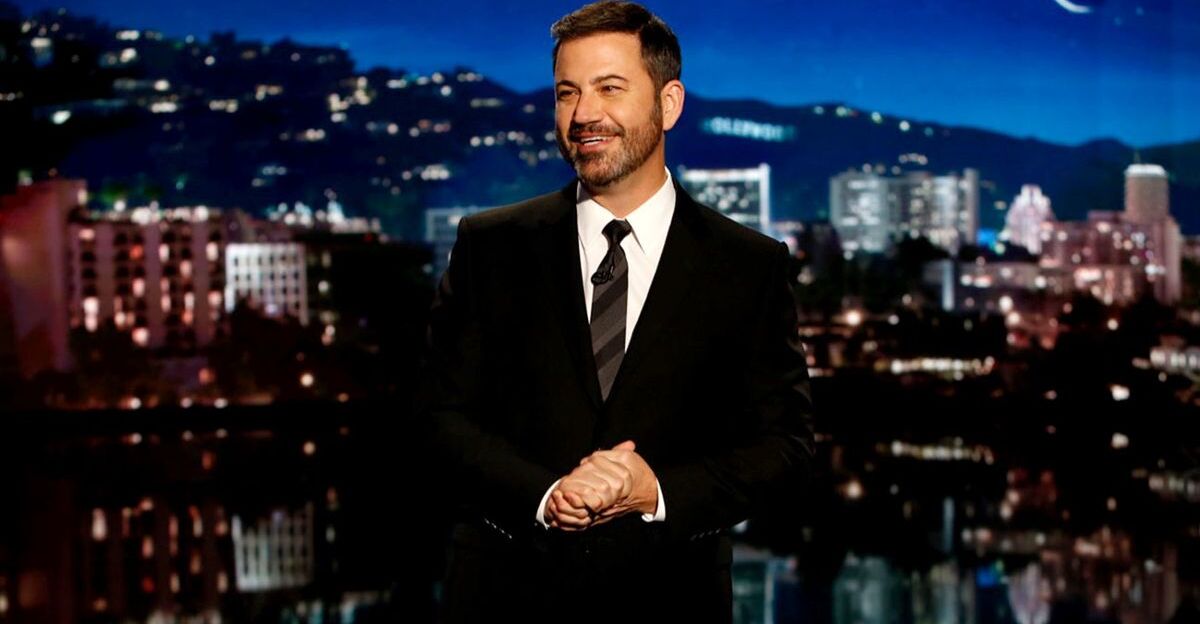
Kimmel’s return generated nearly 8 million YouTube views within hours, shattering previous records for ABC and marking his most-watched digital segment ever. The enormous turnout signaled audience solidarity and curiosity about free speech issues.
The Numbers Speak
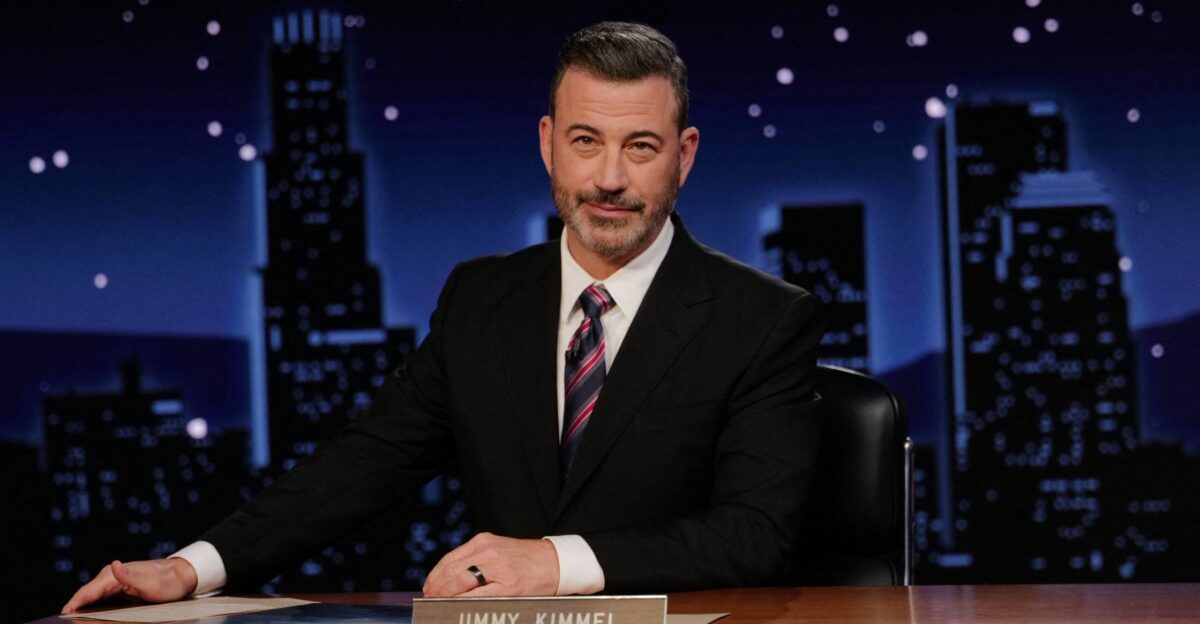
According to Deadline and the NY Times, Kimmel’s first night back also delivered classic TV ratings highs, topping 6 million linear viewers, with social shares surging across platforms. This suggests attempts to cancel the show only amplified its reach.
Not All Stations Aired His Return
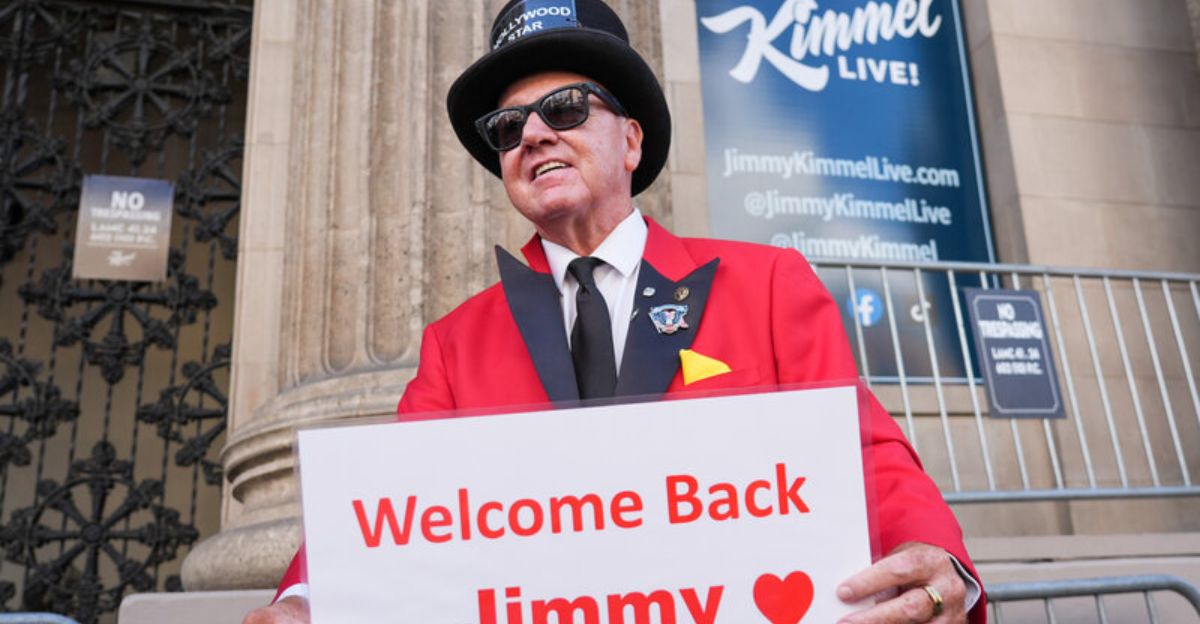
While ABC corporate welcomed Kimmel’s comeback, Sinclair and Nexstar—comprising roughly 20-25% of affiliated stations—refused to broadcast his episode. This boycott spotlighted deep divides in local management over controversial national programming.
Local Impact and Backlash
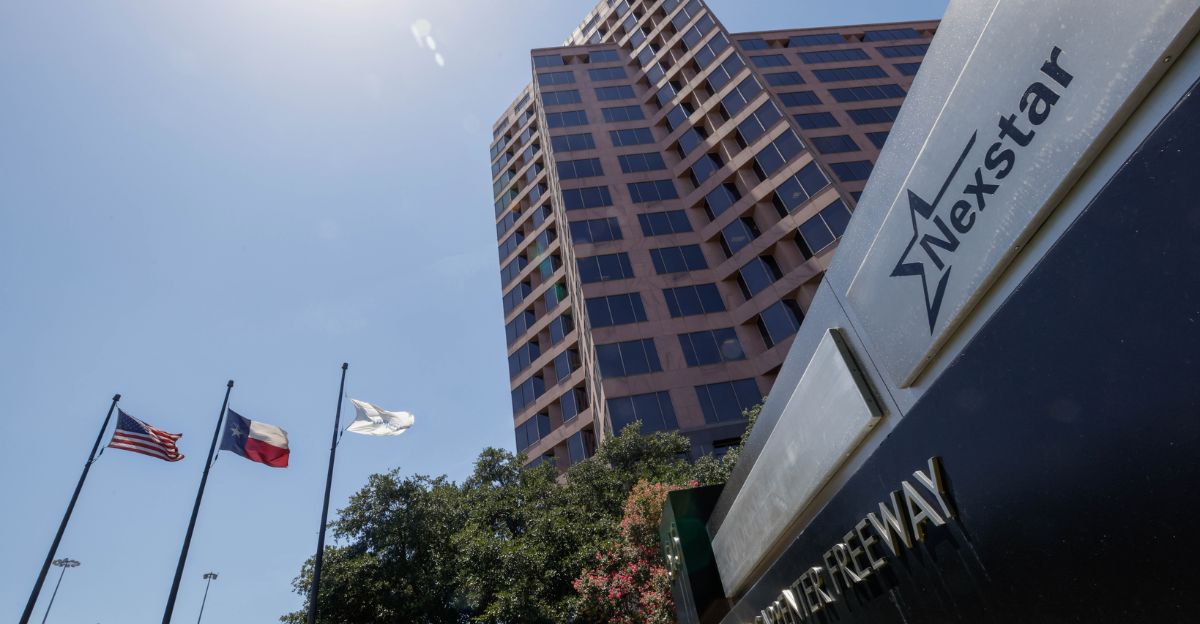
Affected regions in Texas, Florida, and Ohio missed the live broadcast of Jimmy Kimmel’s historic return due to ABC affiliates owned by Sinclair and Nexstar refusing to air the episode, citing concerns over “community standards” and the need for respectful dialogue after his controversial comments.
These two station groups control roughly 20-25% of ABC’s U.S. affiliates, resulting in millions of households unable to view the show on traditional TV.
Praise for Kirk’s Widow
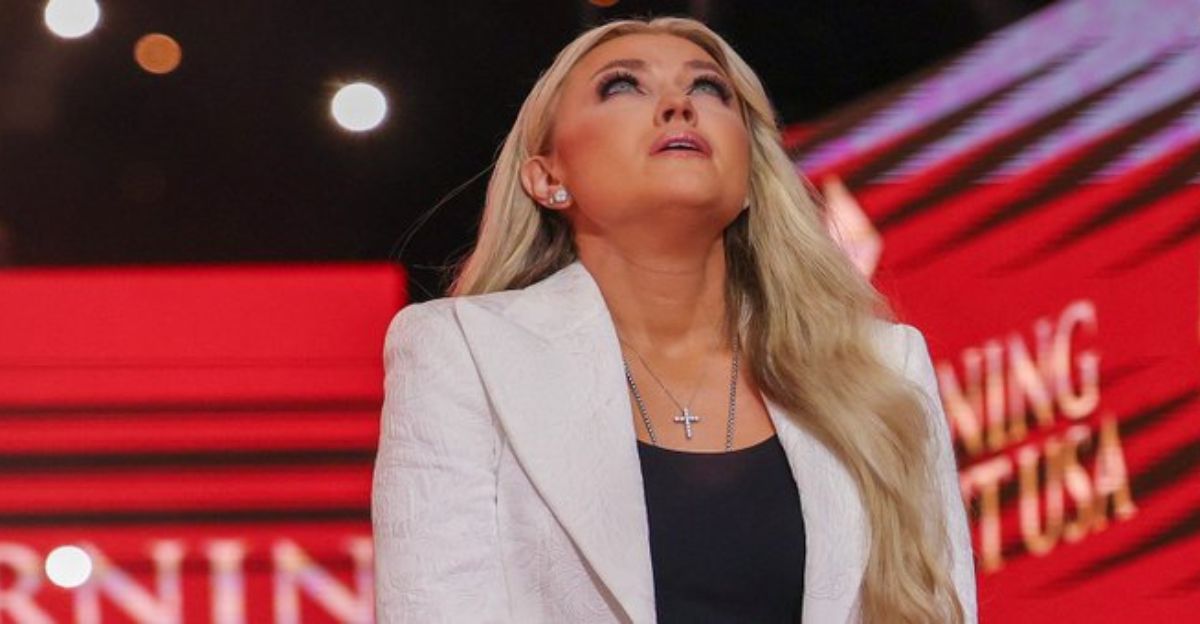
Kimmel emotionally recognized Erika Kirk’s “selfless act of grace” after she publicly forgave her husband’s killer. This moment was widely discussed as a turning point in deepening the show’s seriousness and supporting national healing.
Grace and Forgiveness in Focus
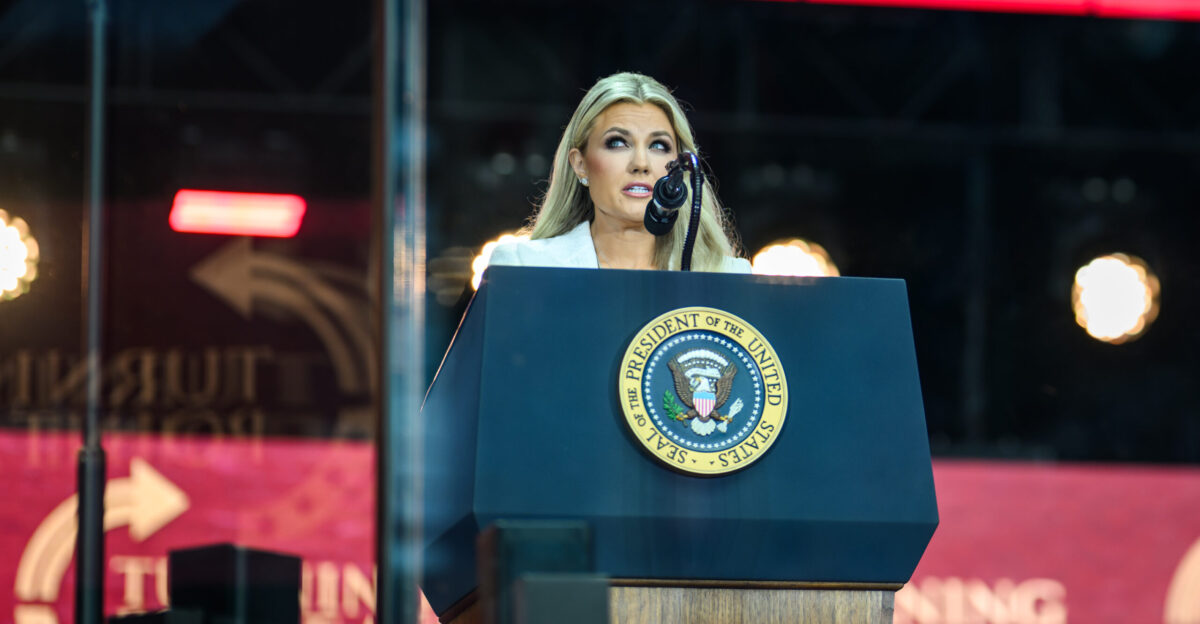
Erika Kirk’s statement, highlighted by the BBC and the NY Times, inspired bipartisan praise and renewed calls for compassion despite political divisions. Observers say it shaped the program’s shift toward reconciliation.
Death Threats and Safety Concerns
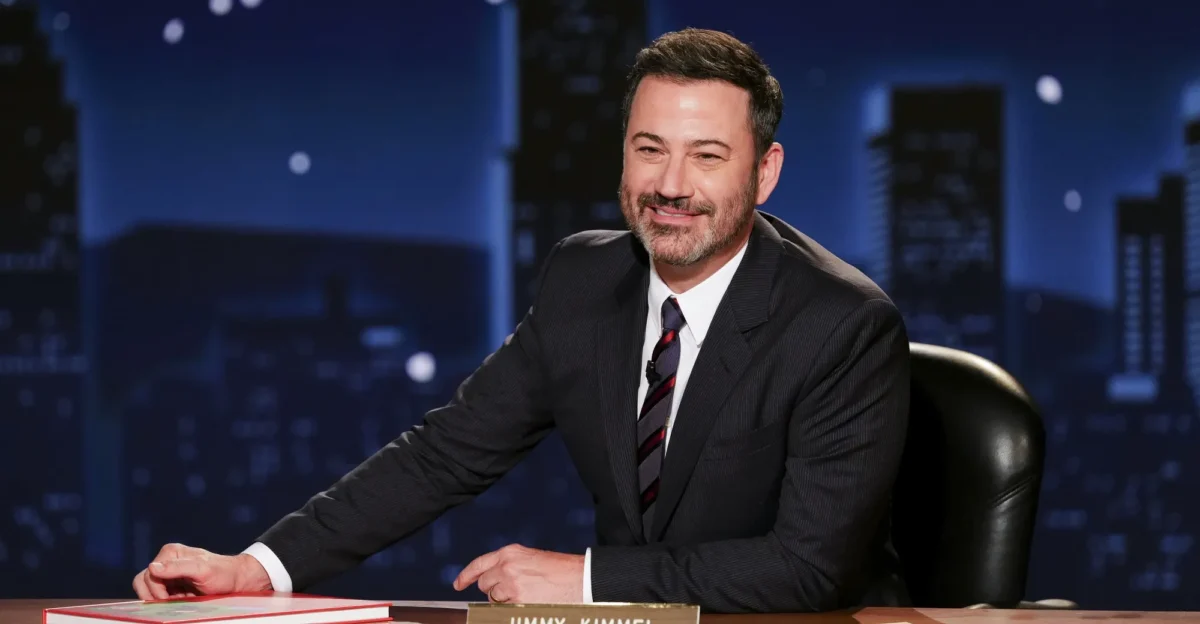
The controversy produced death threats, doxxing, and security risks for Disney employees and show staff. Deadline and AP report increased security procedures at ABC’s Los Angeles studio, with staff urged to avoid public appearances.
Navigating the Danger
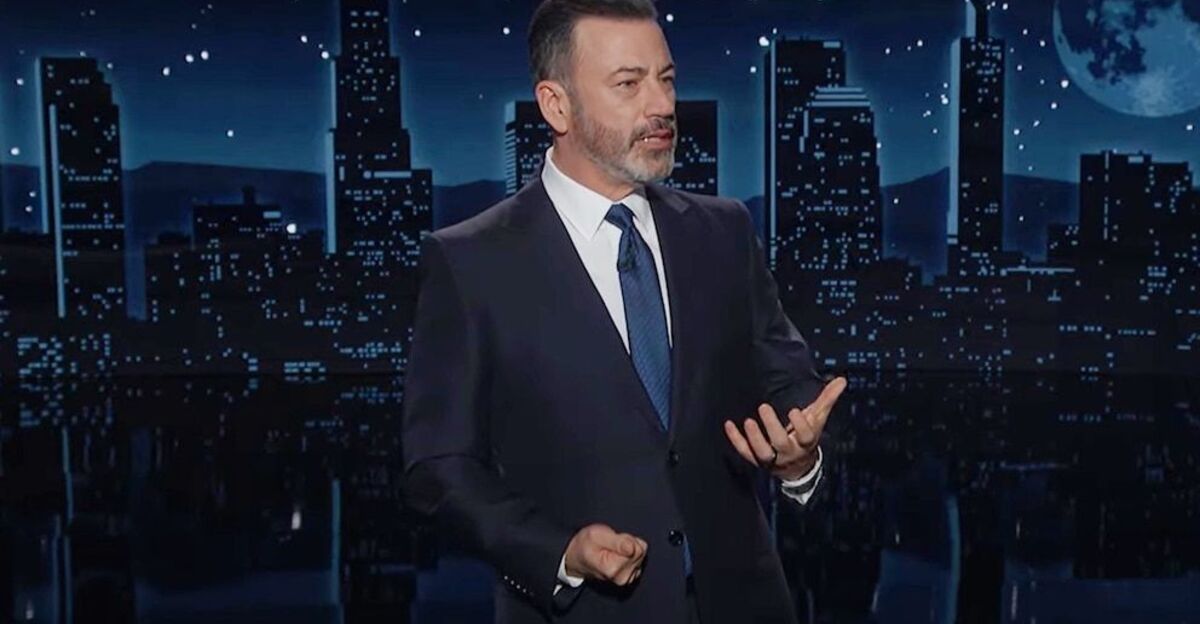
Media safety experts from NBC and the Hollywood Reporter explain that such threats reflect broader dangers facing figures in high-profile broadcast roles. Staffers described lasting emotional and mental health impacts.
Defending Free Speech
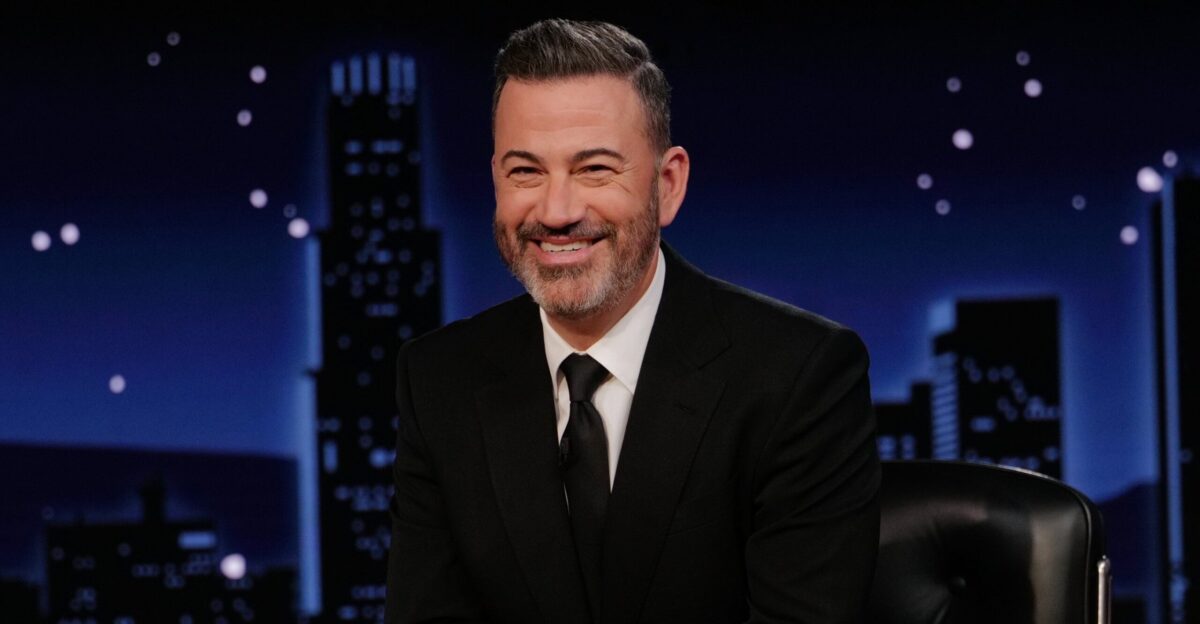
Kimmel urged his audience to be “ten times louder” in defending free speech if similar controversies arise, framing viewers as active participants in the ongoing cultural debate. Reports say this message was especially popular with younger demographics.
Mobilizing Viewers
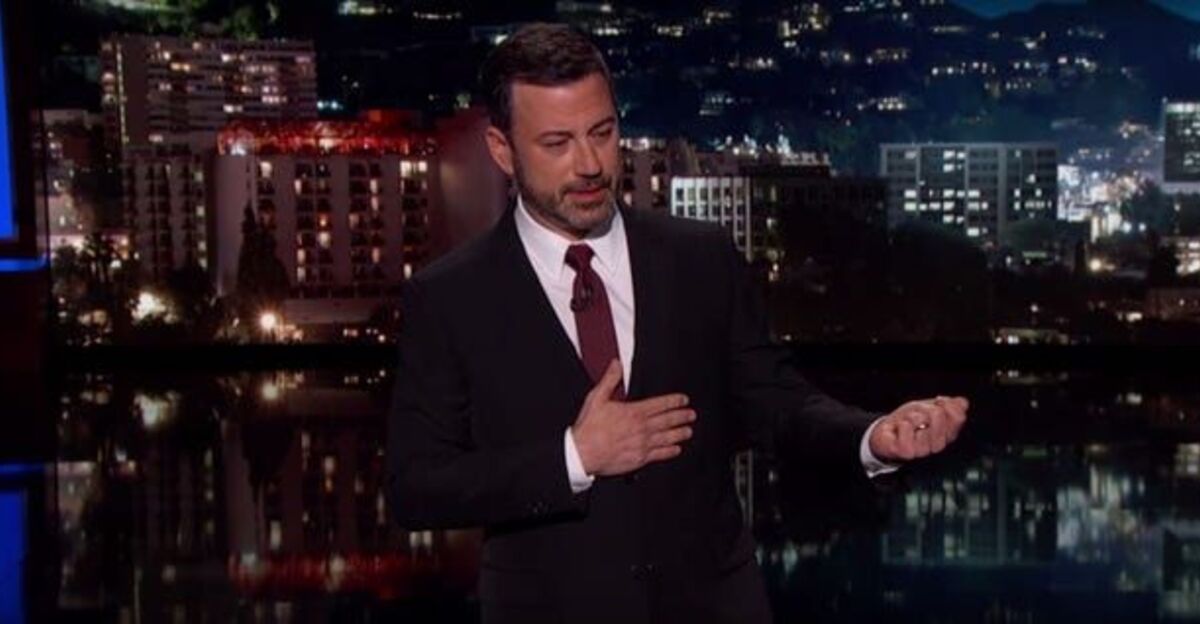
According to Reuters and CNN, Kimmel’s appeal prompted trending campaigns online supporting creative autonomy and speech rights, showing how the incident energized public discourse beyond usual audience boundaries.
The Bigger Picture
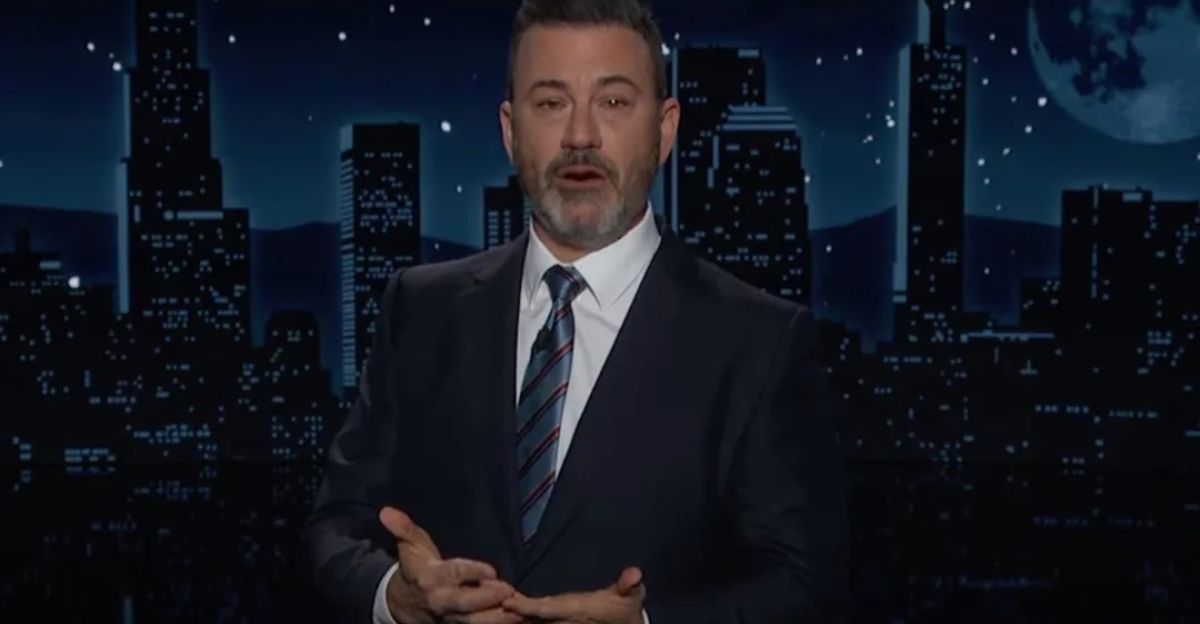
In the closing segment, Kimmel framed the suspension not as a personal hardship but as part of a wider battle for American values and First Amendment rights. Analysts say this echoes growing tension between media, politics, and the public.
Defining the Battle for Values
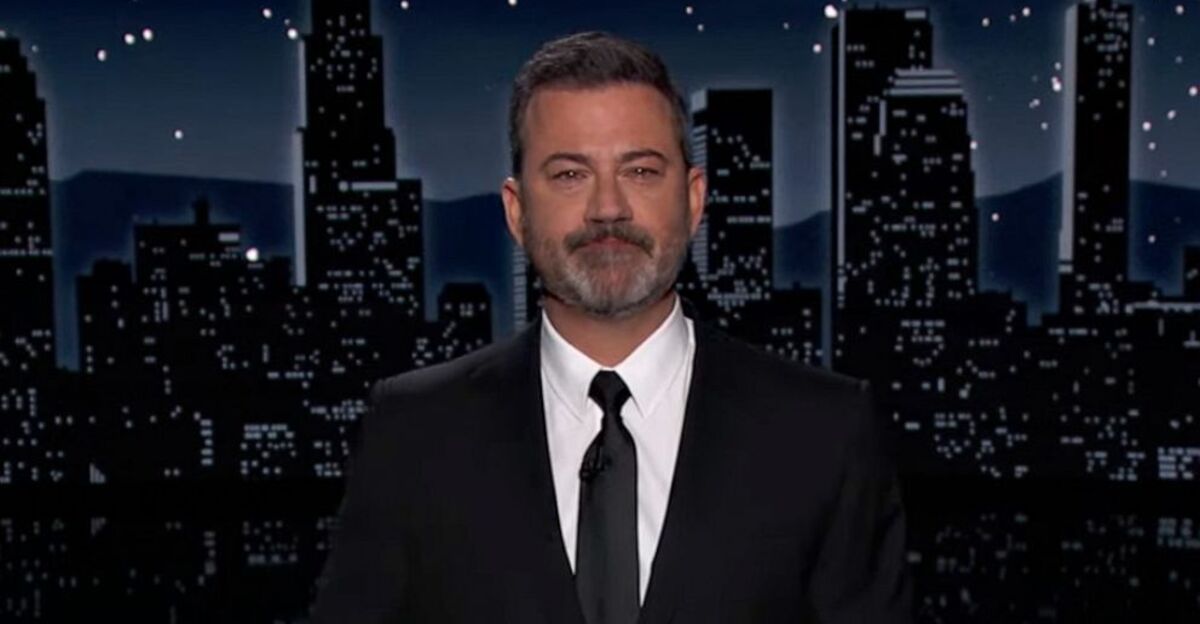
Experts from Reuters and Deadline argue that Kimmel’s experience illustrates the complex role of late-night television in shaping national conversations about democracy, free speech, and what it means to be American.